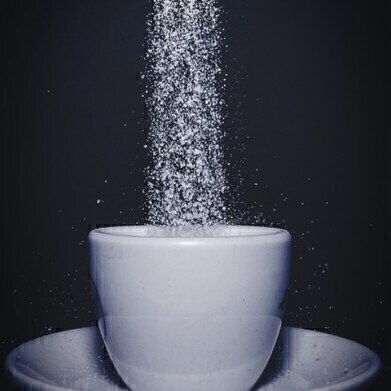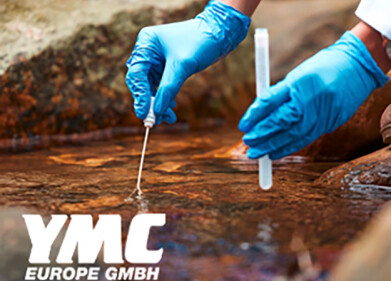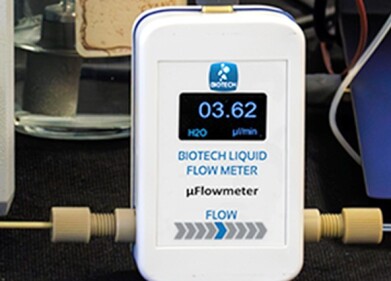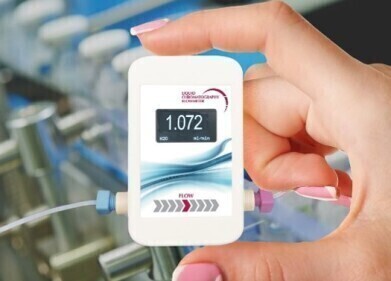HPLC, UHPLC
Too Sweet? Chromatography Finds Extra Sugar in US Drinks
Dec 30 2016
Knowing what we eat and drink is essential if we want to become healthier individuals. There is almost universal consensus that if the calories going in are higher than the calories we use we’ll put on weight.
Can you rely on the label?
For many people, the first step is to try to reduce the ‘bad’ food and drinks that we consume. For most people eating a healthy, balanced diet with fresh vegetables and fruit in reasonable portions will be adequate. We need carbohydrates, proteins and fats to provide the energy we need to perform at our best — whether we are athletes or just trying to be healthy. Ultimately, all the food and drink we consume is broken down to provide us with energy — the problem being if we consume too much or don’t burn enough energy, then we start to build up reserves which the body likes to store as fat.
And for most people, the only place to get the correct information on carbohydrate, protein and fat information is from the labels on the food we buy in the shops. In the UK, the labelling of food with nutritional information is mandatory on pre-packaged foods and is covered under EU regulation (EU) No.1169/2011. But although these regulations inform food producers what information they must include, can you believe what the label tells you?
Tolerances and wrong information?
How accurate are the values on the labels? For processed food and drinks the answer is that you cannot be sure. The tolerances allowed on labels are quite wide — up to 50% uncertainty for vitamins — and for the important nutritional information for anyone looking to control their consumption — the EU allows producers a tolerance of +/- 20% for carbohydrates, sugars, proteins and fats. Part of the reason for the large tolerances is due to the difficulty in accurately measuring these quantities in processed food.
A recent study in the US has highlighted this on the drink kombucha — a drink made by fermenting tea that it is claimed has certain health benefits. The study found that five out of eight manufacturers’ drinks tested had significantly higher sugar content than that stated on their labels. The study suggests a new analytical method based on HPLC to more accurately measure sugar content in kombucha. The use of HPLC to analyse sugar in beverages is discussed in the article, Profiling and Quantification of Mono and Disaccharides and Selected Alditols in Juice, Beer, Wine, and Whiskey Using UHPLC with Mass Detection.
Which is why it is easier to control your dietary intake by eating non-processed foods — the nutritional values for fresh meat, veg and dairy are easier to measure and are therefore more accurately known, also, they are freely available to everyone.
Digital Edition
Chromatography Today - Buyers' Guide 2022
October 2023
In This Edition Modern & Practical Applications - Accelerating ADC Development with Mass Spectrometry - Implementing High-Resolution Ion Mobility into Peptide Mapping Workflows Chromatogr...
View all digital editions
Events
Jan 20 2025 Amsterdam, Netherlands
Feb 03 2025 Dubai, UAE
Feb 05 2025 Guangzhou, China
Mar 01 2025 Boston, MA, USA
Mar 04 2025 Berlin, Germany



.jpg)










